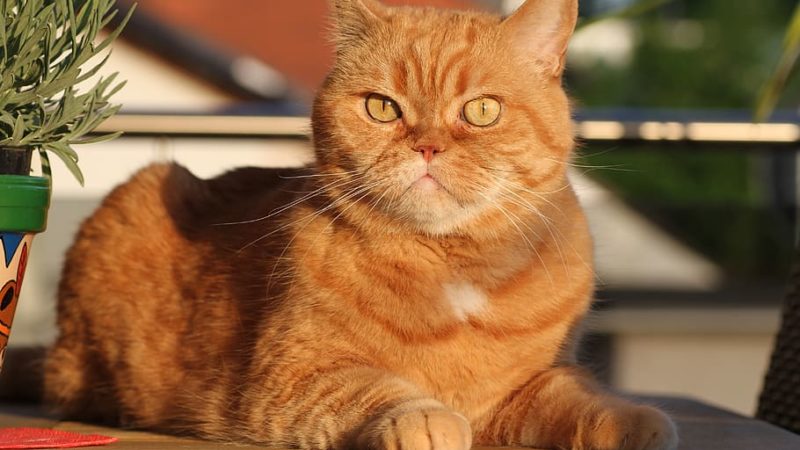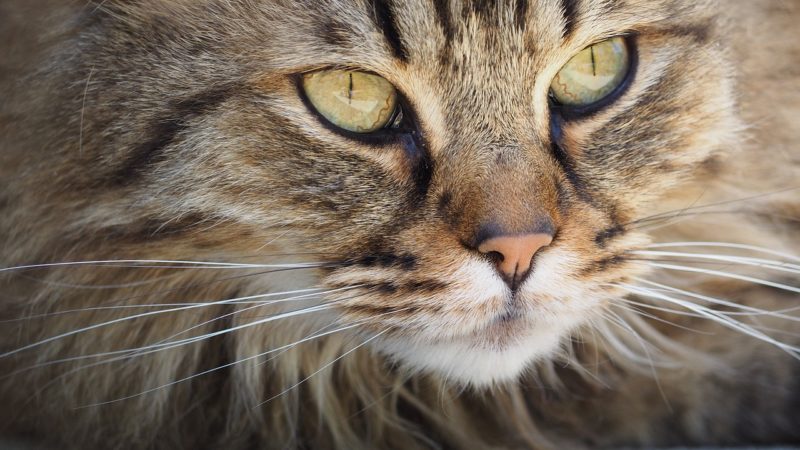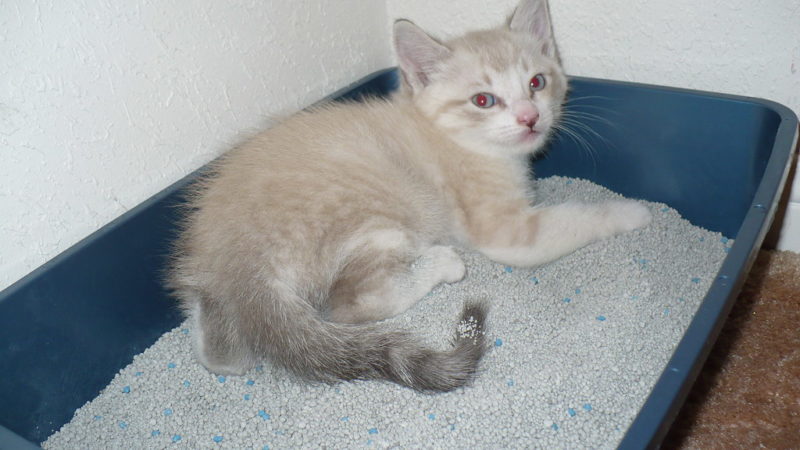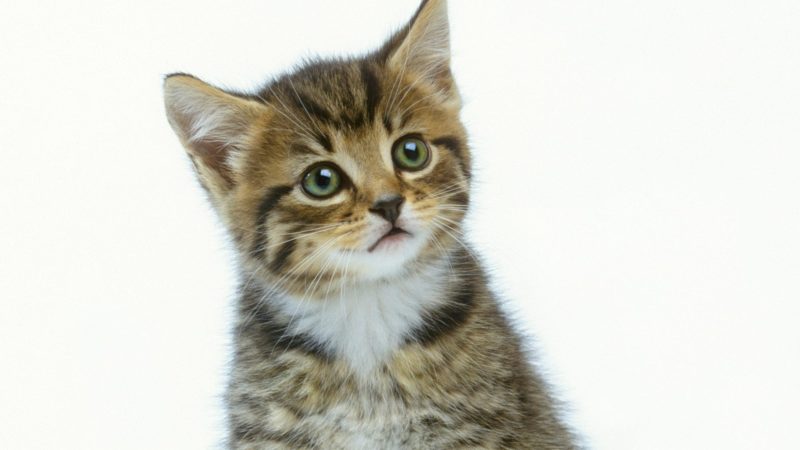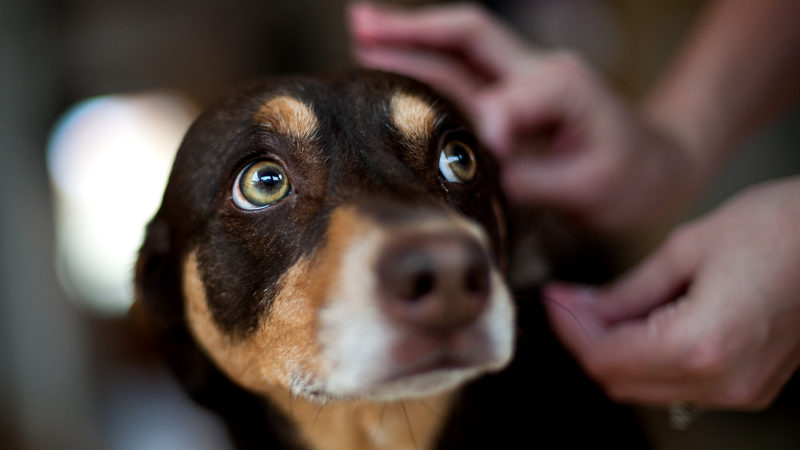Coronavirus in Cats: Is it Real?
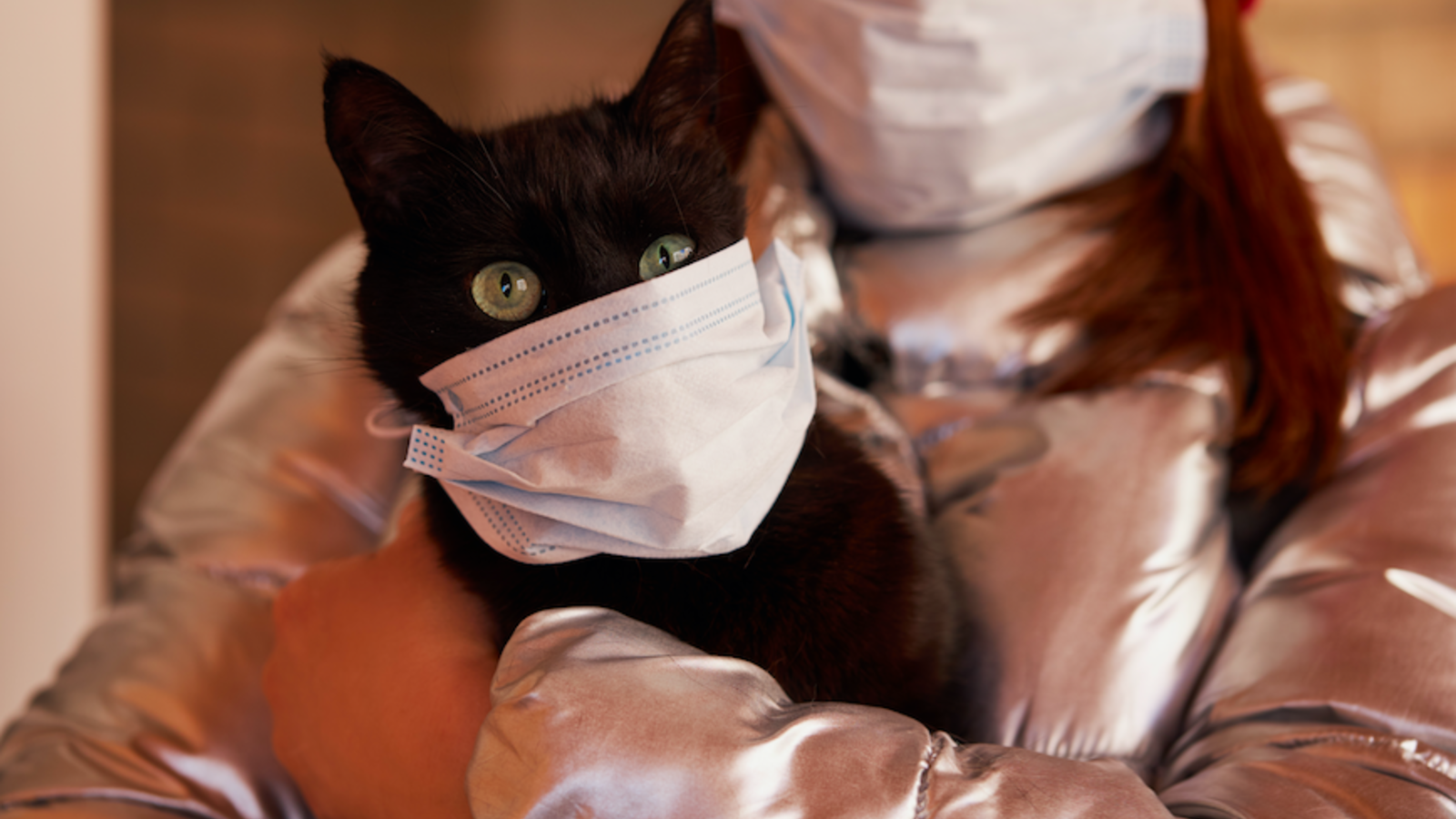
Coronavirus is an infection caused by coronaviruses. Coronavirus in humans is different from the coronavirus in cats and other pets. It is essential to know what type of coronavirus can affect your cat to keep it safe.
Feline coronavirus (FCoV) can cause infections in cats in the form of diarrhea and feline infectious peritonitis(FIP), and Feline coronavirus is very dangerous for the cats.
- Vomiting
- Lethargy
- Loss of appetite
- Sudden Diarrhea
- Bloated abdomen
- Difficulty in breathing
- Increased in urination
- Yellowing of eyes
- Increased thirst
- Sudden Weight loss in cats
Sudden diarrhea in a cat can be a result of an infection due to feline coronavirus. Usually, it can be in a mild form until and unless it is related to feline infectious peritonitis.
Feline infectious peritonitis (FIP) caused by feline coronavirus can have more serious symptoms in cats. Loss of hunger and lack of activity are common in cats who are feeling uneasy. But if a cat is suffering from coronavirus and is not treated on time, it can lead to vomit and decrease in weight.
A cat can possess a bloated abdomen and difficulty in breathing if it is infected with feline infectious peritonitis. In more severe cases, it can cause organ damage. Change of the eyes and skin to yellow color can be due to liver damage, and excessive urination and increase of thirst may be due to kidney damage.
A feline coronavirus is different from the Covid-19. There are several strains of coronavirus, and it is still not clear if a cat can get infected by Covid-19 or not. More than 3,000 pets, including cats, dogs, and horses, were tested in the United States and South Korea for covid-19. The tests were conducted by IDEXX, which is a veterinary laboratory.
All the results were negative, but there are some cases where cats got infected from their owners who were tested positive for Covid-19. Though some cats were tested positive for Covid-19, there is no substantial evidence that shows that a cat can spread the infection to humans. But a cat can spread the disease to another cat.
There is a lot more to know about the virus and if it can affect the cats and other pets. It is advised by the Centers for Disease Control and Prevention (CDC) to avoid contact with the pets if you have COVID-19 symptoms.
Related: https://www.cdc.gov/coronavirus/2019-ncov/daily-life-coping/animals.html
Feline coronavirus can start an infection in cats, but there is a lack of evidence to prove the exact path of the transmission. The virus can spread from one cat to another through saliva, feces, and urine.
Firstly a veterinarian will perform a physical examination of the cat. He may take a fecal sample for a feline coronavirus test. Also, the test can show if the infection is due to parasites, bacteria, or some other reason.
An X-ray and blood sample test may be done to rule out other serious diseases, and to check if the reason is FIP. If a cat’scat’s abdomen or chest is bloated due to an excessive amount of fluid, a sample of the fluid is taken for further investigation.
According to the American Association of Feline Practitioners, it is difficult to get an exact diagnosis of coronavirus with inaccurate test results.
Diarrhea caused by coronavirus can be treated by using medication and dietary changes. But there is no such treatment for feline infectious peritonitis, so the doctor can guide you to manage the symptoms.
The first step you must take is to keep your cats away from other infected cats. Also, if your cat is tested positive for coronavirus, do not let it come in contact with other cats. Also get rid of the litter box the dead cat used to so that it do not spread to a new cat.There is no knowledge of how it spreads, so sanitizing the things the cat uses must be done regularly. Feline coronavirus vaccine is available in the market, but it is not backed up by any evidence that it is useful and effective. Consult your veterinarian as soon as possible when you see any signs of coronavirus.
Read More: What is Coronavirus in Dogs?

